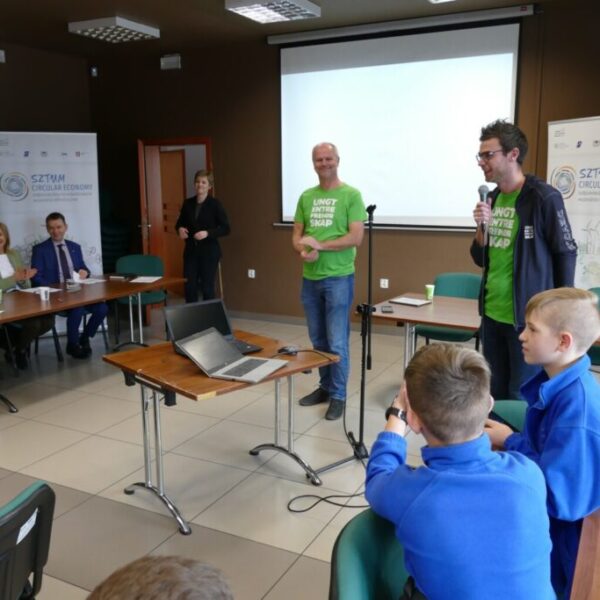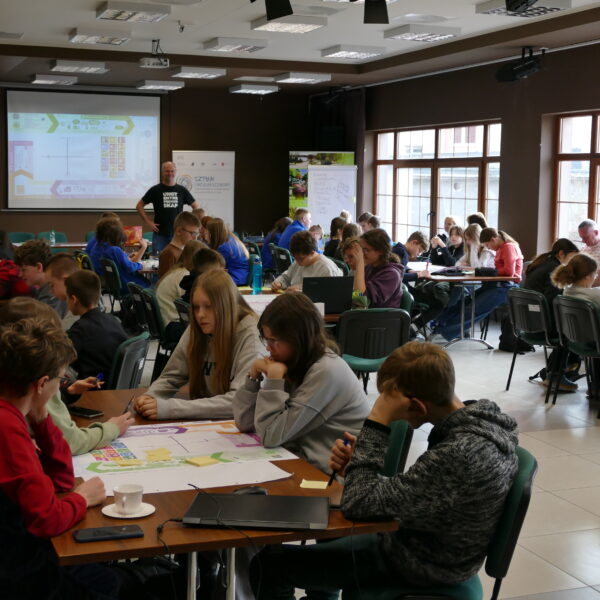

Challenges for adoption of Industry 4.0 by SMEs
This is the fourth of a series of short articles with an overview of drivers for digitalization, opportunities for SME manufacturers in Industry 4.0 and obstacles for Industry 4.0 adoption in SME industry sector.
The low pace of Industry 4.0 thinking and technology adoption among SME is characterized as a common problem for the overall industrial development in all European regions. The size of the firm plays a decisive role in the willingness to implement Industry 4.0 technology, with smaller firms having less willingness (Stentoft, Rajkumar, & Madsen, 2017; European Union, 2018).
There are a number of reasons why SMEs do not adopt Industry 4.0:
Support. There is a lack of support and guidance of best practices for adopting new technologies (European Commission, 2016).
Overcautious. The North Sea Region’s companies are still very careful and attentive with new investments in Industry 4.0 related to R&D (McKinsey Digital, 2015).
Workforce. There is a shortage or lack of skilled people that can sustain these fast-moving changes. In the UK, a shortage of qualified staff was rated as the most important challenge facing their companies (Cordes and Stacey 2017; European Commission, 2016).
Standards. The slow digital standards’ development can lead to fragmentation (European Union, 2018). Firms need a developed standardized network for production resources.
Security. Cybersecurity management is perceived as a big issue for many firms because of the presence of concerns and lack of confidence (European Union, 2018). The adoption of Industry 4.0 is slowed down due to uncertainty in data security (McKinsey Digital, 2015).
Available finance. Investment in Industry 4.0 is costly and firms’ finances are scarce (European Commission, 2016).
Investment. Only 15% of the total R&D is invested in related to Industry 4.0 field, though 19% of total revenue is generated by Industry 4.0 (McKinsey Digital, 2015).
Business tools. There are difficulties among SMEs in assessing the potential and performance in terms of business return (European Commission, 2016). According to the European Commission, September 2016 report and to the “Progress in demand” project (NORDPLUS Adult and Association of Nordic Engineers, ANE), following recommendations should be taken (European Union, 2018):
- The capacity of SMEs needs to be strengthened by building a stronger readiness in SMEs to look for collaboration with knowledge institutions, and develop the mediating role for the knowledge institutions in this collaboration;
- SMEs’ access to information must be improved to stimulate the transfer of technology;
- SMEs need web-based access to available technological knowledge and knowledge networks;
- SMEs need to improve understanding of business models for technology firms;
- SMEs also need better financial support and better environment demonstration regionally, nationally and internationally (European Commission, 2016; European Union, 2018).
We, in IDN, understand that convergence of digitalization and sustainable manufacturing practices should be at the forefront of strategic thinking for any business. This combination gives the opportunity for differentiation of business and gaining long-term viability among customers, regulators and the communities of business operation.Part of our vision is to support SMEs in that process, combing our knowledge, experience and solutions with available funding mechanisms.
Author: Yulia Marchuk



